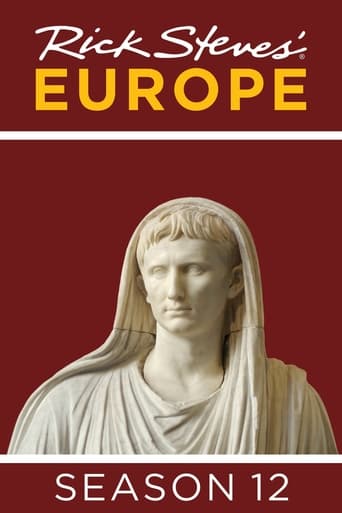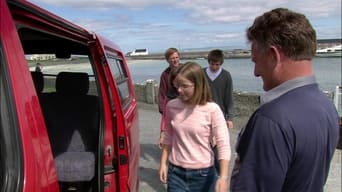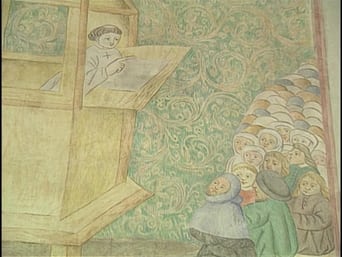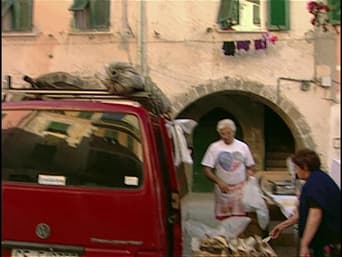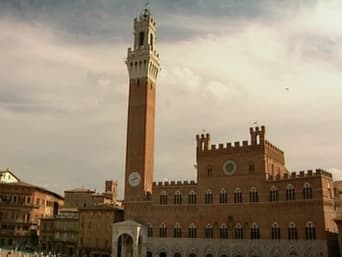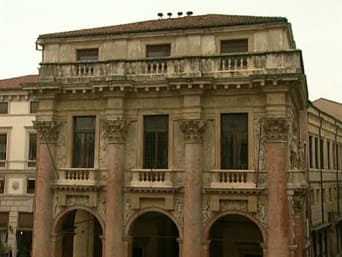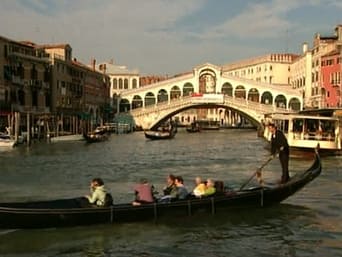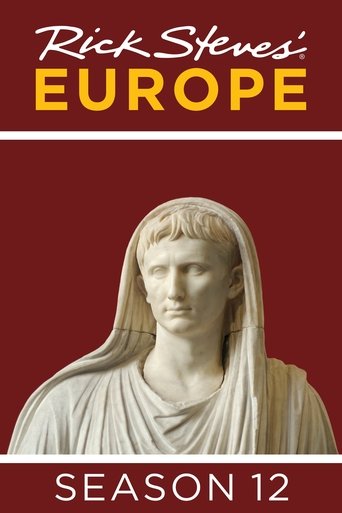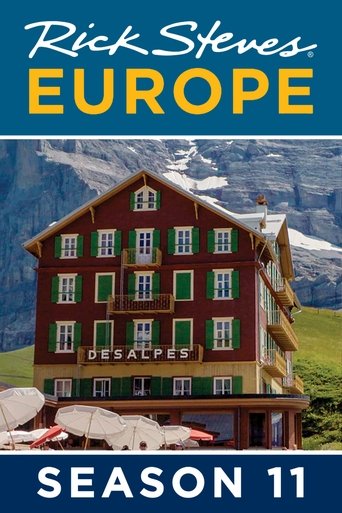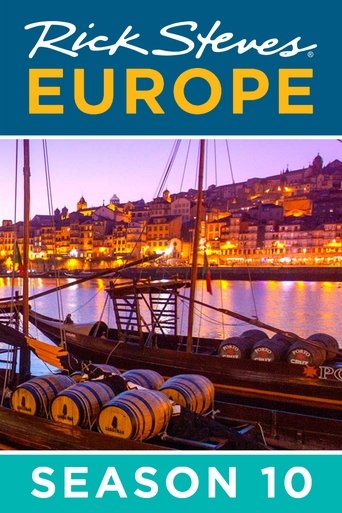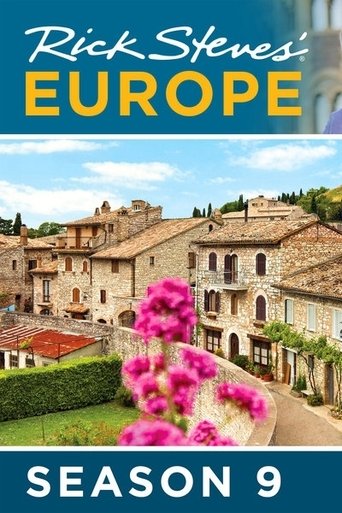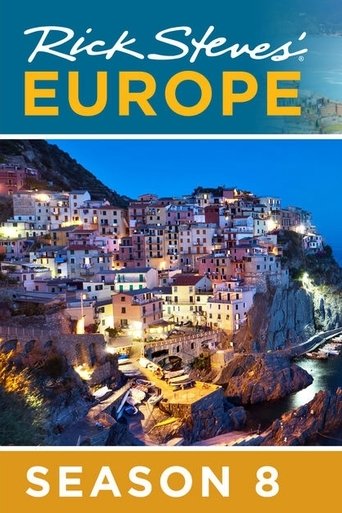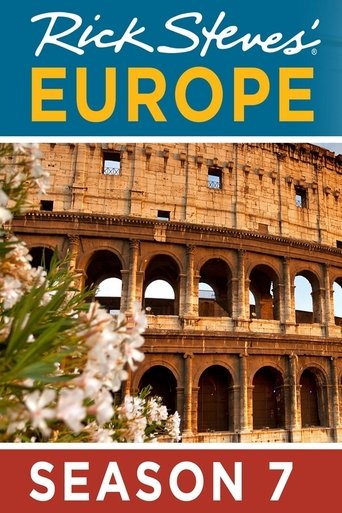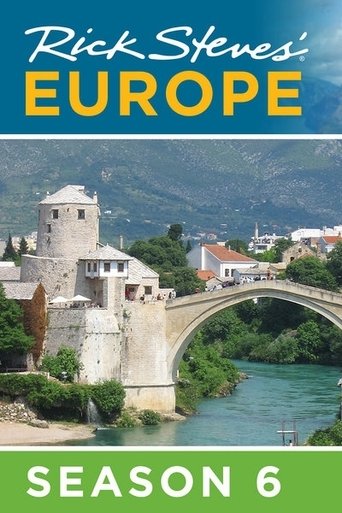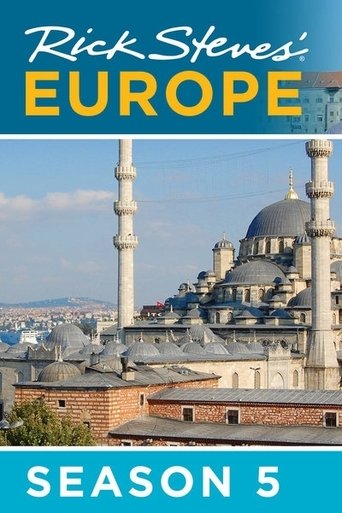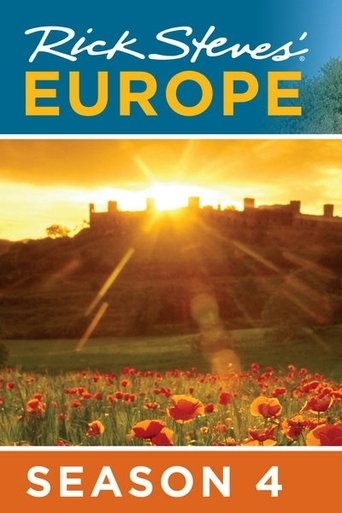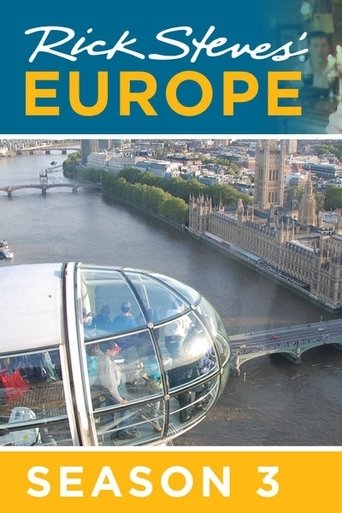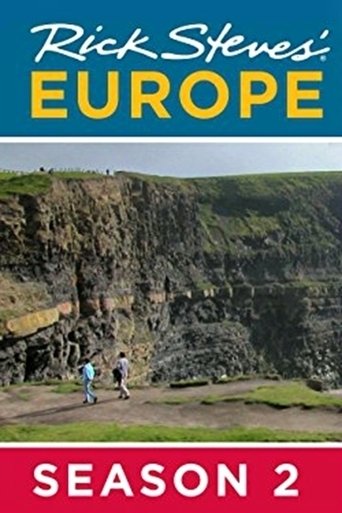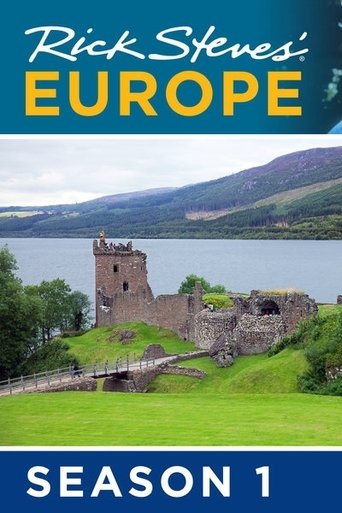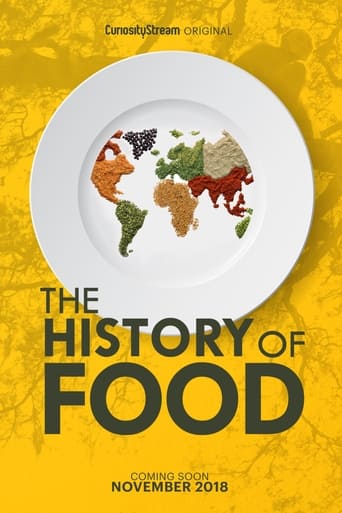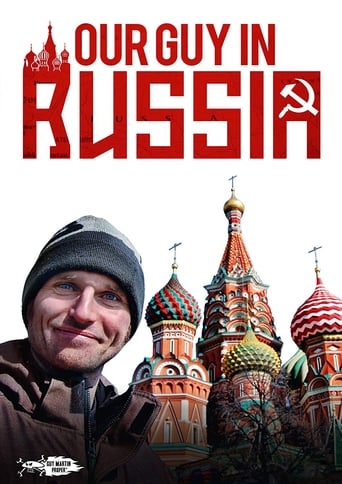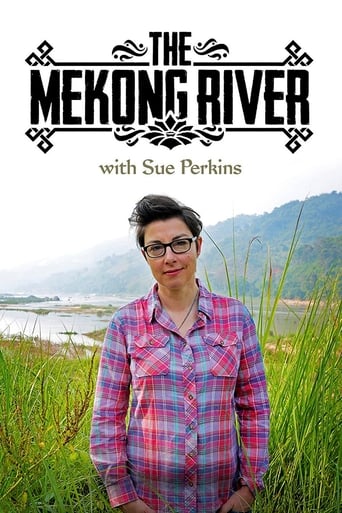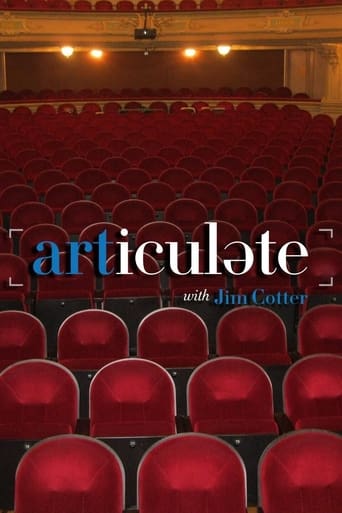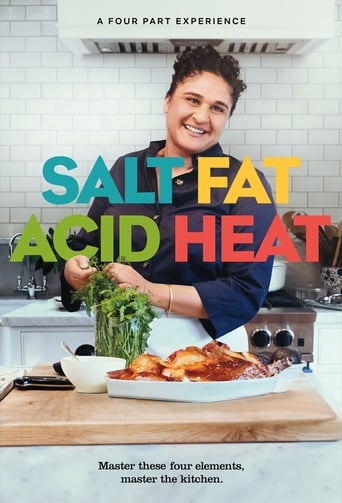Rick Steves' Europe Season 2
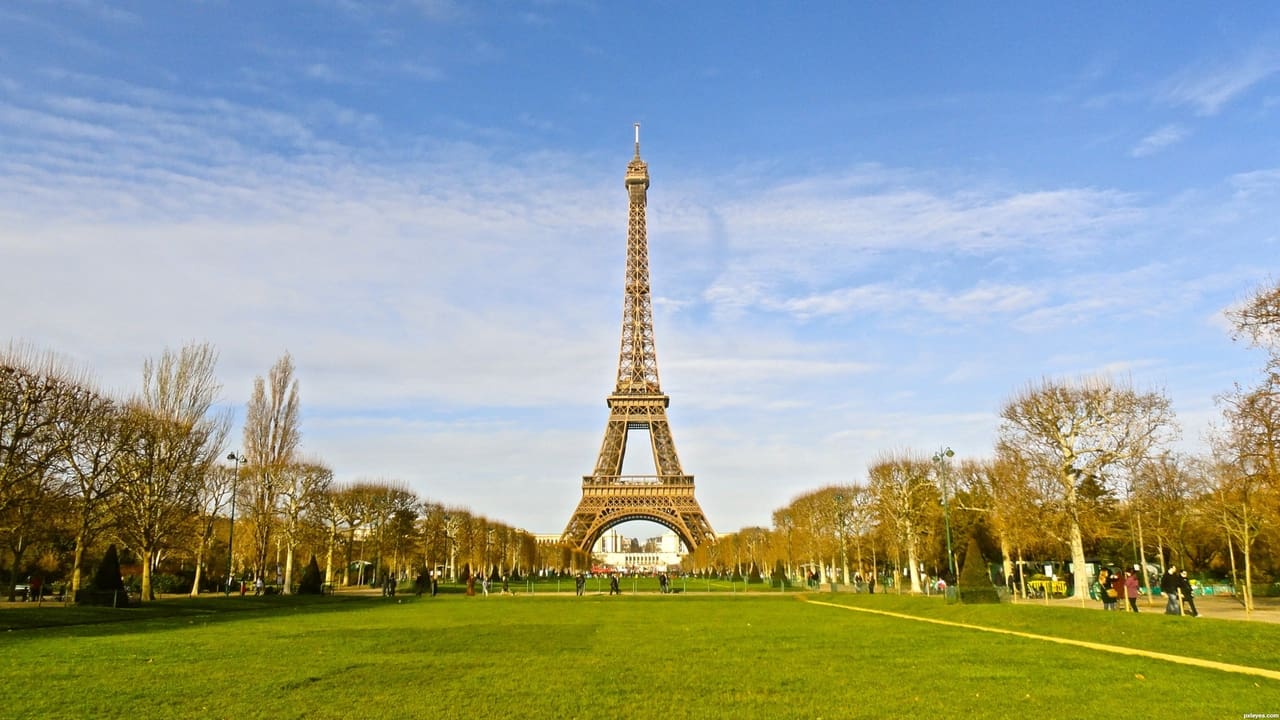
Rick Steves, America's leading authority on European travel, returns to transport viewers to the continent's bustling cities, quaint villages and picturesque countryside.
Watch NowWith 30 Day Free Trial!
Rick Steves' Europe
2000 / TV-G


Rick Steves, America's leading authority on European travel, returns to transport viewers to the continent's bustling cities, quaint villages and picturesque countryside.
Watch Trailer
With 30 Day Free Trial!
Rick Steves' Europe Season 2 Full Episode Guide
If Heidi is alive, she's in this sky-high corner of the Swiss Alps, with cowbells ringing on breathtaking ridges. After settling into a traditional village where locals scythe hay by hand, we hike and bike. We blast an alphorn, get sprayed by waterfalls raging deep inside a mountain, and savor local cheese at 10,000 feet. For a finale, we ride Europe's highest railway up the mighty Jungfrau for hot cocoa, glacier sledding, and oh-wow views.
In Munich, where locals specialize in good living, we visit boisterous markets and go-for-Baroque palaces. while office workers surf in the Isar River. Heading into the foothills of the Alps, we tour the fairy-tale castles of "Mad" King Ludwig, and climb to the highest point in Germany atop the Zugspitz. Then we cross into the Tirol to conquer a desolate ruined castle.
Cruising the Rhine River, we dodge riverboat traffic and the legendary Lorelei. After climbing castles and descending into dungeons, we relax with Rhine wine. We tour Burg Eltz-a lived-in castle where the noble lady still puts out fresh flowers. Then we enter the walled town of Rothenburg for Germany's best wood carving, a vivid dose of medieval punishment, and a tour with the night watchman of the town's lamp-lit ramparts.
Berlin is back, resuming its place as a great European capital. We climb the Reichstag's glass dome, sway at a modern-day cabaret, and pop a few chocolates in the now thriving eastern sector. Along with Germany's finest art, complicated Berlin also has hidden remnants of its fascist and communist past. In a city that's rebounding and rebuilding, we crane our necks at Potsdamer Platz, Europe's newest Times Square.
Deepest Ireland is best experienced on its west coast in Gaeltachts - where the people speak Gaelic and the rugged villages have changed little over the generations. After exploring the rugged and remote Aran Islands, we settle into Galway, chase a friendly dolphin, and delve into Ireland in the extreme, Dingle Peninsula. Ringing with traditional music from its rustic pubs, dotted with prehistoric "fairy forts," if you'll fall in love with Ireland, chances are it'll be right here.
We find the icons of Ireland strewn along its fascinating south coast: Waterford's much-loved crystal factory; the Kennedy family homestead; the Dunbrody famine ship; and Kinsale's star-shaped fortresses. After learning why locals don't kiss the Blarney Stone, visit elegant Muckross House. Then savor the scenic charms of the Emerald Isle by driving the Ring of Kerry.
Dublin's story is of feast and famine - from its 18th-century Golden Age to its 20th-century struggles for independence to its boomtime today. We explore the town's foreboding castle, patriotic jail, and Trinity College with its Book of Kells-a bright light in the Dark Ages. At night we party in Temple Bar, awash with Celtic music and frothy pints of Guinness. We side-trip to the prehistoric necropolis of Newgrange and the medieval monastery at Glendalough, tucked in the scenic Wicklow Mountains.
Newly energized Prague, slinky with sumptuous Art Nouveau facades, is perpetually playing Mozart and Vivaldi. Eastern Europe's top destination has Europe's best beer, biggest castle, liveliest pedestrian bridge, and most evocative Jewish Quarter. From Prague, we side-trip to Kutna Hora, once a silver-mining boomtown, to descend into its medieval mine and ponder its eerie chapel, decorated centuries ago with 40,000 bones.
Amsterdam stimulates all the senses, with Rembrandt's and stately architecture from its Golden Age, hidden churches and Holocaust memorials from its troubled times, and Van Gogh's and titillating street life from its modern age. Then, side-tripping into the countryside (and below sea-level), we hike dikes, climb windmills, tour the world's biggest flower market, and see how in Holland, "everything's just so Dutch!"
In these five idyllic port towns, we sample village life: fishing for anchovies at midnight, savoring the best pesto, picking grapes, and cheering cliff divers as we hike the "walkway of love." Each pastel town is a delight, but my favorite is Vernazza - where Giovanni makes pasta and Granelli sells porcini mushrooms at the tiny street market. We side-trip to Carrara's historic quarries where Michelangelo selected his marble, then return to Vernazza to stroll its only street (with the entire village) as the sun sets.
In red-bricked Siena, we tour the town's innovative medieval hospital, lavish cathedral, and a bakery that makes panforte (like fruitcake, only delicious). Exploring the Chianti region, we sip Brunello di Montalcino — with its makers. Spending the night at a farmhouse, we meet the family and its sheep, learn of the Slow Food Movement, and enjoy a homegrown dinner. In Assisi, we follow the footsteps of St. Francis, from his humble chapel to the Giotto-frescoed basilica that holds his tomb.
In the birthplace of the Renaissance, we look into the eyes of Michelangelo's David and Botticelli's Venus, learn tricks for touring the Uffizi art gallery, and climb the dome that kicked off the Renaissance. Then we delve into the Florentine good life: visiting a fragrant 400-year-old perfumery, sipping Campari on a rooftop, chasing the sunset on a Vespa, and sleeping serenely in a converted monastery.
Pulling on hip boots, we settle into the muck of Venice, then take a speedboat tour of the lagoon. On the mainland, we head for Padova to tour a once-illegal anatomy theater and track the restoration of Giotto's Scrovegni Chapel. In Vicenza, we admire elegant Palladian-style streets and villas. In Verona, we climb the Roman arena, jostle with tourists to rub the brass breast of Juliet, and taste-test grappa before riding the train to Ravenna for its dazzling 1500-year-old mosaics.
Sorting through the monuments of magical Venice, we trace its decline from Europe's most powerful city to its most hedonistic. We cruise its main street - the Grand Canal - then get lost in its back lanes. We drink-in the art of Titian, Bellini, Donatello, and the Doge's Palace. We luxuriate in a venerable café on St. Mark's Square, enjoy calamari with locals in a canal-side pub, then find our own private Venice: on a gondola, under the moonlight.
Free Trial Channels
Seasons


